Latines in Europe: Italy
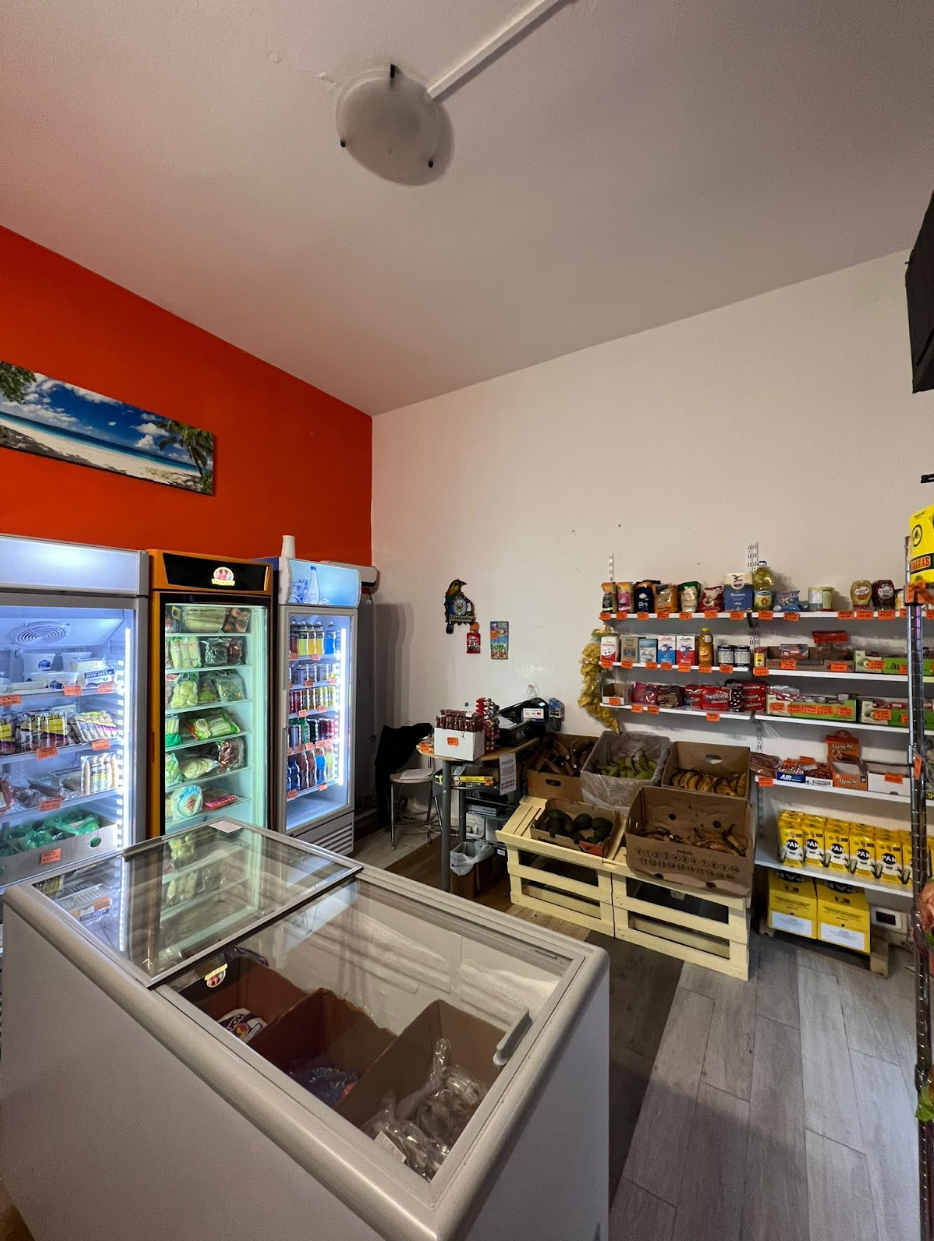
phot0 credit: Sofia Ramirez Duque
Latines in Europe: Tienda Latina, a piece of Latin America in the Italian Boot
This article is part of a forthcoming series of Latin American experiences in the European continent.
Piacenza is a city located in the northern Emilia-Romagna region of Italy with a population of about 100,000 people. It’s about an hour away from Milan and like many of the cities in Northern Italy, it has a pleasant climate, walkable streets and plazas. While it is a relatively quaint and relaxed town, it is home to multiple universities, including the Università Cattolica del Sacro Cuore. Many students from all over the world have come to study in Piacenza. Some of these international students come from Latin American countries, such as Mexico, Guatemala, Venezuela and more. Not only have Latin American students come to this city, as Latin American migrants have also come to live in this typical Italian city and some have even set up their own businesses. However, one business in particular stands out because of the story behind it.
Tienda Latina opened its doors on September 1, 2022. The story behind it, and its owners have shaped the shop from the very beginning. Co-owner Sofia Duque Ramirez is a 21-year-old who immigrated to Italy from her native country of El Salvador in 2017 with her family due to job opportunities that presented themselves to her mother, who is an architect. Sofia’s family always wanted to start a business, but the opportunity to establish a business never presented itself until they moved to Italy. An unexpected call from a fellow Salvadoran who was no longer able to continue her business in Italy due to her falling ill led to this opportunity as she offered to sell her business to her family.
Sofia and her family saw this opportunity to sell Latin American food products in Piacenza, which is home to a significant Latine population. Although they could have changed what was sold in the store, Sofia said they decided to keep the business with food products since there was no other store that focused on the Latin American palate. They wanted to take advantage of being able to provide not only products from one’s homeland but also a place where Latin Americans could feel at home.
“Although we really wanted to, there is always a doubt, out of fear, etc., but we jumped into it, so to speak, to see what would happen. But I do think we kind of had this dream of doing something for our culture. Something that would mark our culture in a first-world European country.”
However, bringing products from halfway across the world in Latin America has been a complicated process for the business. Because they are imported products, Sofia has to go through distributors who bring Latin American products to Italy legally. She works with five distributors that provide these products, based in Milan and Brescia. After this, she has to decide which products to bring, basing these choices on the clientele of the store. Since her clients are mostly Argentines, Peruvians, Ecuadorians and Venezuelans, she tends to buy more products from these countries. The variety of distributors helps the store have a range of Latin American products, since some specialize in only one country or in bringing fruits like plantains.
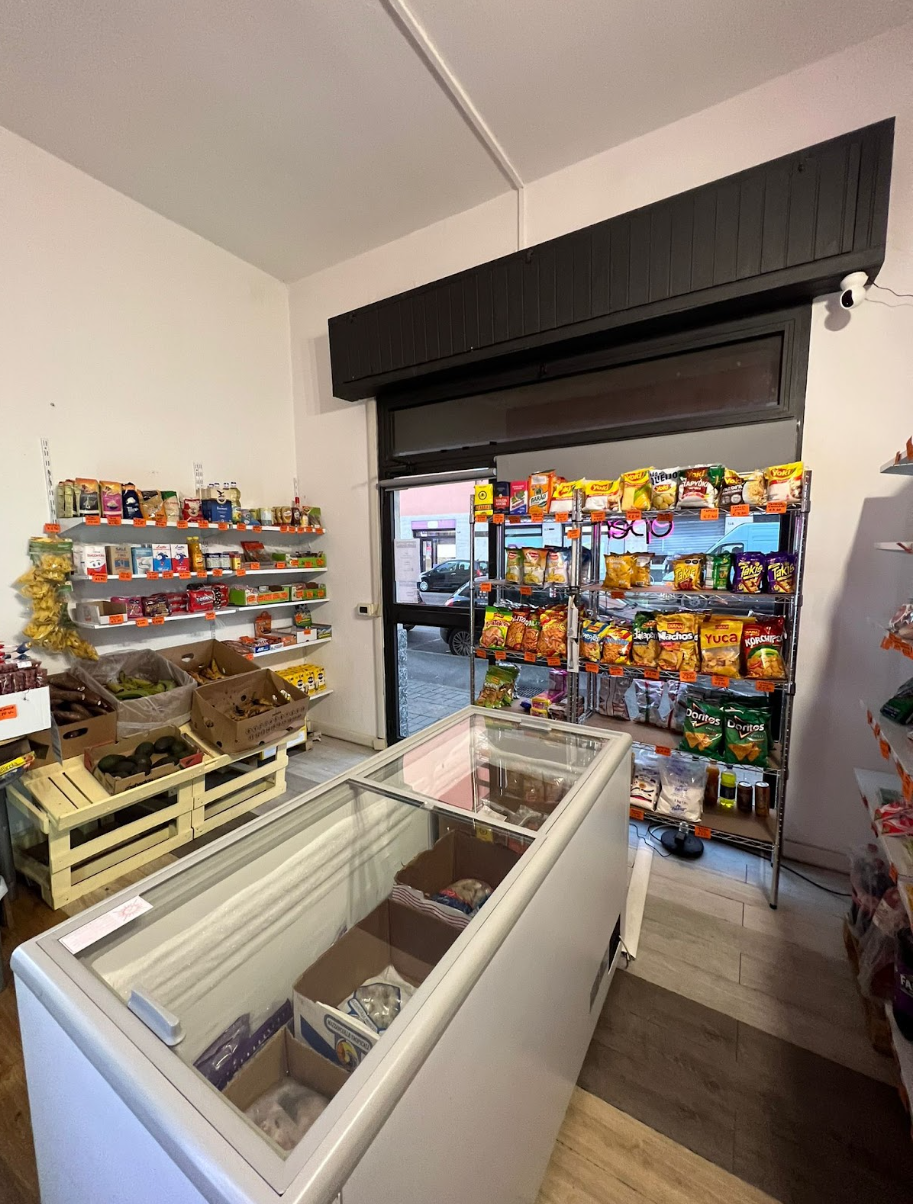
photo credit: Sofia Ramirez Duque
Getting the product itself hasn’t been the only challenge Sofia and her family have faced. The family left El Salvador because of the economic and political instability it had endured over the years. At the time, Sofia was happy about this move, but over time she discovered that adapting to the European way of life would be more difficult than she had thought.
Sofia had to learn Italian and felt isolated because she couldn’t communicate with others. The language and cultural differences made her move a difficult process for months. Unlike the Latine culture she grew up with, Sofia found Italians and Europeans were harder to build personal connections with. She had a hard time establishing friendships and ties with Italians because in her perspective, they are sectarian and don’t usually make new friends outside of their social circles. Since she experienced high school in Italy, she first-handedly saw how some Italians and Europeans didn’t know much about South and Central America. She mentions that there were instances in which she had to explain where El Salvador was and that Spanish is spoken there.
Although her experience was difficult at first, what has helped Sofia assimilate was understanding the reasons why her family moved: she would have more opportunities in Italy as, “There were no jobs in the country [El Salvador], there was no money. There was no opportunity for anything.”
From this struggle, however, came hope. The Latines of Piacenza received the store very well, according to Sofía. The store is located near the neighborhoods where most Latin Americans live, they continue to circulate new products every two weeks and they consistently have frequent customers as well as first-time customers.
Today, Tienda Latina is not only a business, but a community center for Latin Americans in and around Piacenza.
“Every time someone comes in, I promise you, they always tell me that they feel at home in places such as the store. Believe me, I feel a little happy because it’s beautiful,” adds Sofía.
Sofia recalls one specific instance in which several Venezuelan clients met by coincidence and talked for half an hour together at the store. This instance isn’t a lone one, as Sofía aims to take the time to chat with those who come to her store. Not only do the products draw customers back, but Tienda Latina’s ability to transport people to their home countries for hours at a time through their warm, welcoming and uniquely Latine service. Sofía always takes the time to chat with those who come to her store.
Sofía hopes that in the future, Latines in Europe will be taken more into account in the laws and that these communities will be more recognized. It’s much more difficult for immigrants to start businesses for themselves, just one of the challenges that Sofía and her family faced. And with businesses like Sofía’s, hopefully the communities of our Latine brothers and sisters in Europe will continue to be made more visible.
If you ever find yourself in Piacenza, make sure you visit Tienda Latina, and check out their Facebook for more information: Tienda Latina

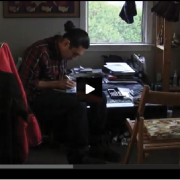

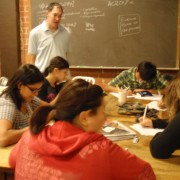
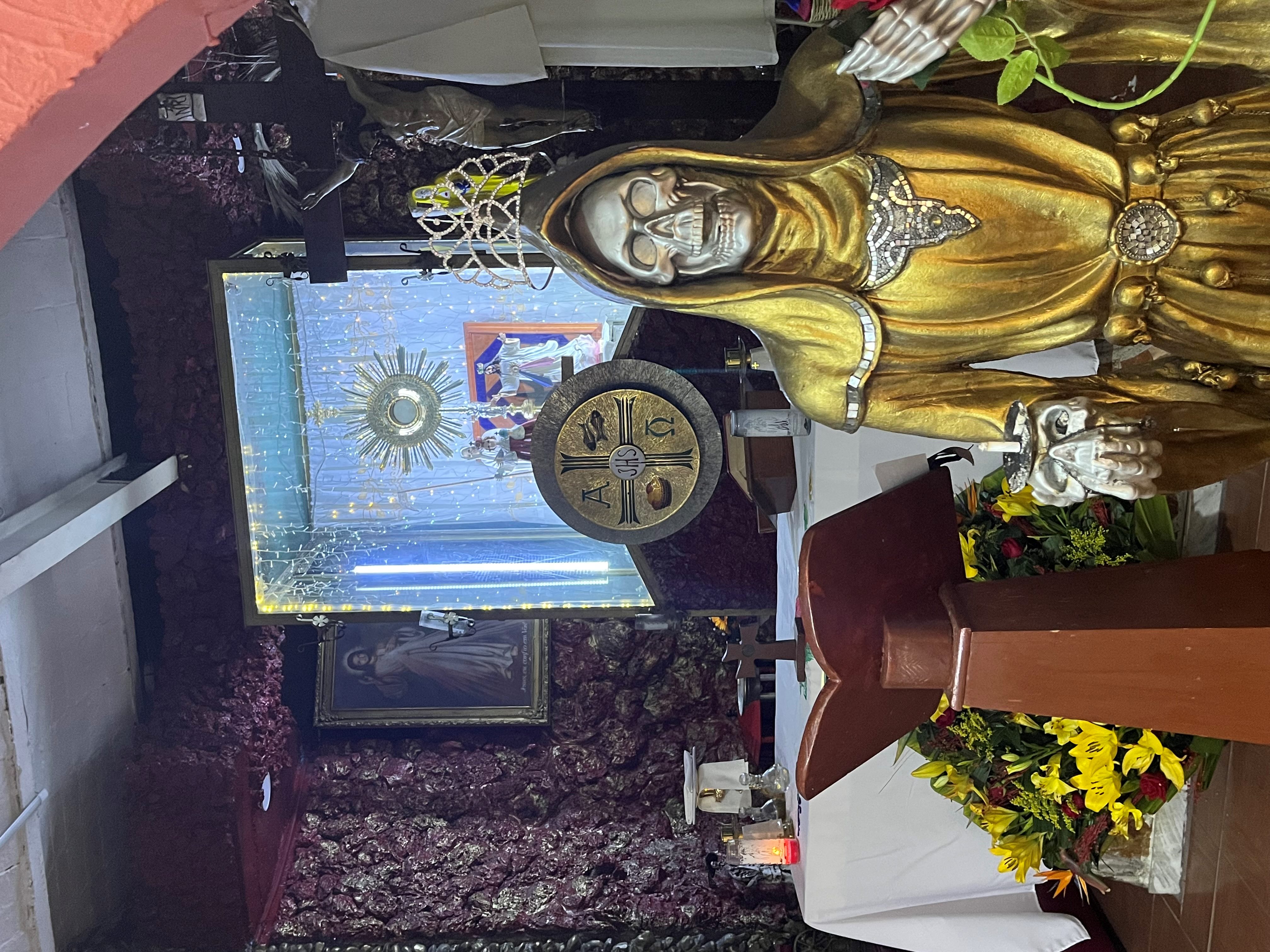


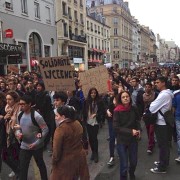
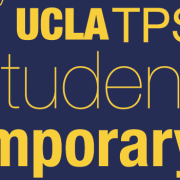

Leave a Reply
Want to join the discussion?Feel free to contribute!